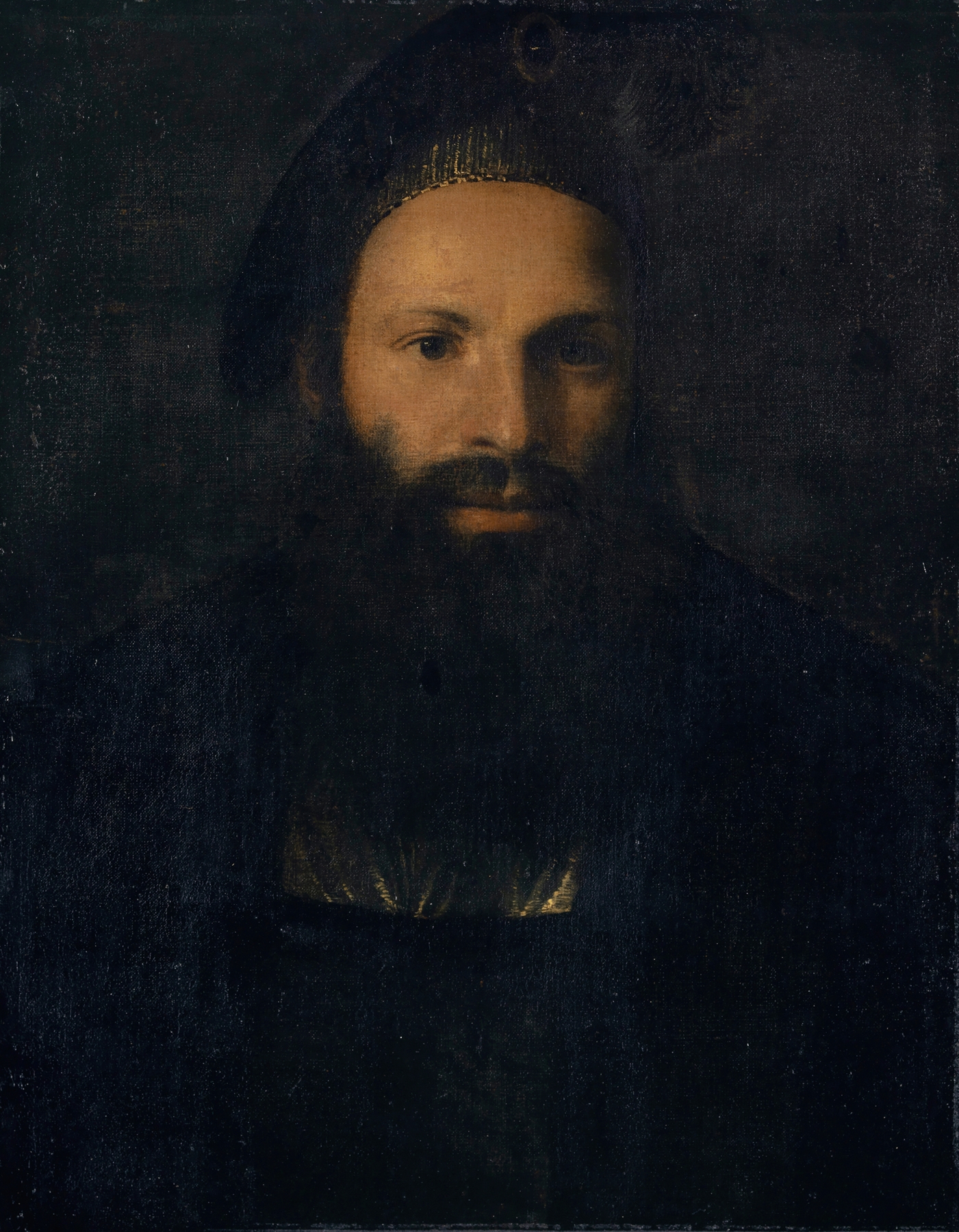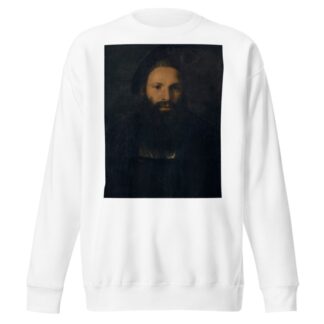Description
Portrait of Pietro Aretino by Titian printed on a T-Shirt
About the T-Shirt
Regular fit
Standard length, the fabric easily gives into movement
Casual wear
A classic, everyday option loved by our customers
Side-seamed
Constructed by sewing two parts together, creating a fitted look
The Unisex Staple T-Shirt feels soft and light with just the right amount of stretch. It’s comfortable and flattering for all. We can’t compliment this shirt enough–it’s one of our crowd favorites, and it’s sure to be your next favorite too!
- Solid colors are 100% Airlume combed and ring-spun cotton
- Ash color is 99% combed and ring-spun cotton, 1% polyester
- Heather colors are 52% combed and ring-spun cotton, 48% polyester
- Athletic and Black Heather are 90% combed and ring-spun cotton, 10% polyester
- Heather Prism colors are 99% combed and ring-spun cotton, 1% polyester
- Fabric weight: 4.2 oz./yd.² (142 g/m²)
- Pre-shrunk fabric
- 30 singles
- Side-seamed construction
- Tear-away label
- Shoulder-to-shoulder taping
- Blank product sourced from Nicaragua, Mexico, Honduras, or the US
Titian (c. 1488-1576)
Tiziano Vecelli or Vecellio, known in English as Titian, was an Italian painter during the Renaissance, considered the most important member of the 16th-century Venetian school. He was born in Pieve di Cadore, near Belluno, (then in the Republic of Venice). During his lifetime he was often called da Cadore, ‘from Cadore’, taken from his native region.
Recognized by his contemporaries as “The Sun Amidst Small Stars” (recalling the final line of Dante’s Paradiso), Titian was one of the most versatile of Italian painters, equally adept with portraits, landscape backgrounds, and mythological and religious subjects. His painting methods, particularly in the application and use of colour, exercised a profound influence not only on painters of the late Italian Renaissance, but on future generations of Western art.
His career was successful from the start, and he became sought after by patrons, initially from Venice and its possessions, then joined by the north Italian princes, and finally the Habsburgs and papacy. Along with Giorgione, he is considered a founder of the Venetian School of Italian Renaissance painting.
During the course of his long life, Titian’s artistic manner changed drastically, but he retained a lifelong interest in colour. Although his mature works may not contain the vivid, luminous tints of his early pieces, their loose brushwork and subtlety of tone were without precedent in the history of Western painting.






Reviews
There are no reviews yet.